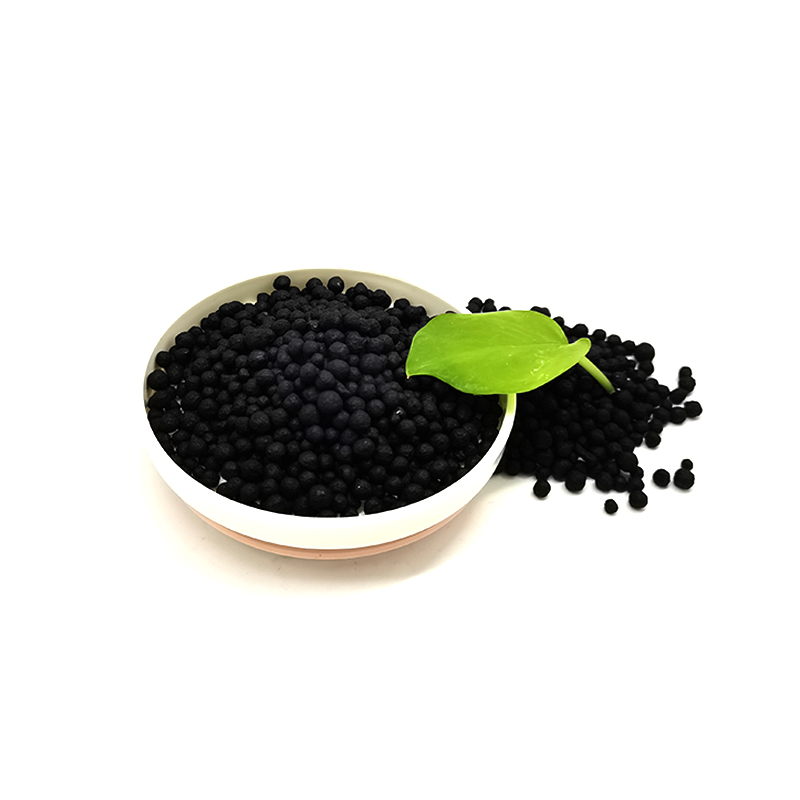Introduction to Organic Liquid Fertilizer for Tomatoes
Growing big and healthy tomato plants is made possible by organic liquid tomato fertilizers. These kinds of fertilizers come from natural sources and are usually in the form of liquids which can be easily taken up by plants. The greatest advantage that comes with using organic liquid fertilizers is that they supply all necessary nutrients needed for tomatoes to grow strong in a balanced way.
Organic fertilisers normally have a mixture of essential plant-food elements such as nitrogen (N), phosphorus (P) and potassium (K). Rooting systems development through to fruit production process of plants depend on these nutrients therefore making them vital for successful gardening.
Fish emulsion, seaweed extracts and compost teas are some examples of materials used when making organic liquid tomato fertilizer unlike synthetic ones which are made from chemicals. Besides feeding the crops, these ingredients also add humus content into the ground thus enhancing its structure while promoting good bacteria activities within it hence this method helps maintain equilibrium within nature so that there are no harmful build ups which may affect both plant life and beneficial organisms’ health.
By incorporating organic liquid tomato fertilizer into your gardening routine you will greatly improve plant productivity and health thereby ensuring success throughout the year.
Benefits Of Organic Liquid Tomato Fertilizer On Plant Health
There are several advantages associated with using organic liquid tomato fertilizer to promote healthier growth among plants especially those bearing fruits like tomatoes. Firstly, it enhances uptake efficiency of nutrients by plants. This means that they are able to take in necessary food substances much faster thereby resulting into quick growth rates compared to other methods where conventional types of plant feeders were used.
Another important benefit is soil enrichment; organic fertilizers increase microbial activities which break down minerals making them readily available for absorption by roots besides improving structure thereby creating better conditions for root development leading into stronger seedlings establishment phases followed closely by healthier overall plan tgrowth or performance levels.
Additionally, these natural-based liquid fertilizers also help to prevent problems such as over-fertilization and root burn which are usually caused by synthetic ones. They do this through gentle release of nutrients into the soil according to tomatoes’ natural growth needs so that they receive just enough without any harmful effects that may arise due to accumulation of chemicals around roots or in other parts of plants.
All these merits combined contribute towards growing robust tomato plants capable of producing large quantities of top-grade fruits thereby underlining why it is essential for gardeners to adopt an organic approach when managing their gardens.

How to Choose Organic Liquid Tomato Fertilizer
Choosing the right organic liquid tomato fertilizer involves understanding the specific nutrient requirements of your tomato plant and knowing what to look for in an organic product. Nitrogen, which promotes leafy growth; phosphorus, which is necessary for root and flower development; and potassium, which contributes to fruit quality as well as disease resistance are among the key nutrients needed by healthy tomatoes.
When shopping for organic fertilizers, there are labels that you should take note of. These certifications include being listed with OMRI (Organic Materials Review Institute) or being compliant with NOP (National Organic Program). Such labels guarantee that the fertilizer is truly organic according to strict standards.
Suggestions about particular brands or types may involve such products as fish emulsion, seaweed extracts or bone meal-based fertilizers; all widely used by practitioners of natural gardening due to their efficacy and sustainability. Each one of these options provides a balanced mix of nutrients that will help build strong tomato plants from roots upward thereby improving overall healthfulness plus productivity.
Organic Liquid Tomato Fertilizer Application Guidelines
To maximize the health of plants and the production of fruits, organic liquid tomato fertilizer should be applied properly. Begin by applying it at the start of the growing season so as to support strong root development and vigorous plant growth. For tomatoes, a good practice is to use liquid fertilizer every 2-4 weeks depending on how fast they are growing and what nutrients are in the ground.
Liquid fertilizers can be applied in two main ways: through foliage or soil. Foliar application requires spraying the leaves with fertilizer to allow for quick absorption into them. This works best when there is an immediate requirement for nutrients or if nutrient deficiencies need addressing quickly. A soil application involves putting fertilizer around plants’ base which helps improve long term nutrition as well as enhances root uptake.
Follow manufacturer’s guidelines on dilution rates and application quantities lest you over-fertilize thereby causing nutrient burn and other growth problems. It is advisable that one monitors their plants’ health regularly alongside checking soil quality; this will enable them make necessary adjustments in their fertilizing techniques for optimal results.
Success Stories and Case Studies
Find success histories that are interesting and in-depth examples which show how good organic liquid tomato fertilizer is:
Real-Life Success Stories: Accounts given by people who grow tomatoes for a living explaining what changed when they switched over to using only natural liquids as their fertilizer. These stories describe some of the actual benefits realized through this approach, such as increased productivity.
Comparative Growth Studies: Detailed examinations comparing the growth rates between different groups of plants fed with either organic or ordinary synthetic liquid formulas – or none at all-. The section also provides statistical information along with visual aids like photos so you can see for yourself how much better off your garden would be if you made use of this product.
Assessing Impacts: Evaluating works conducted by experts involved in agriculture which supports claims on how sustainable it is over time when one adopts organics only products especially liquid fertilizers while growing tomatoes. These appraisals further highlight wider environmental and health consequences thereby strengthening their worth within spheres practicing organically based farming systems.

What Organic Liquid Tomato Fertilizer Deals With Most Often
Organic liquid tomato fertilizer deals with common nutrient deficiencies among tomatoes; it ensures that the plants receive a balanced diet for healthy growth and fruiting. The product supplies nitrogen, potassium and phosphorous in liquid form which can be easily taken in by the plants. This enables quick uptake preventing yellowing leaves or stunted growth due to lack of these elements.
In addition, using organic liquid tomato fertilizer improves soil health by promoting beneficial microbes’ activity. Such enhancement in soil biology helps to break down organic matter into plant nutrients as well as enhancing soil structure which increases air spaces within it thus providing better water holding capacity too. Healthy soils are less likely to harbor diseases causing agents hence minimizing chances of getting infected with common ailments affecting tomatoes.
Moreover, organic fertilizers save gardeners from over-fertilizing their crops leading to root burns or nutrient lockup where excessive amounts of one nutrient prevent absorption of others by plants. By looking at how healthy or sickly the tomato plants are and varying frequency and strength of applying fertilizers, one can ensure that his/her crop does not suffer from hunger pangs or indigestion caused by too much food being consumed at once. Correct use of organic liquid tomato fertilizer makes fruits not only grow bigger but also become many thus giving higher yields during harvest time.
Conclusion: The Significance of Organic Liquid Tomato Fertilizer
Planting healthy and productive tomato plants require the use of organic liquid tomato fertilizers in your garden. This category of manure ensures that your tomatoes are given natural nutrients which are best for them as well as conserves the environment. In order to take care of our surroundings, it is important for us gardeners to know about this product because through its application we can reduce chemical use and also encourage a healthier ecosystem.
We urge all gardeners therefore to try out organic liquid tomato fertilizer and witness how much their plants will improve in terms of healthiness and yields. By doing so you become part and parcel with sustainable development which has positive impacts on both individual gardens as well as the wider world around them. You should always bear in mind that even slightest alteration in your method of fertilizing could result into significant gains realized from growing tomatoes vis-à-vis other living things within the habitat.
Research on organic liquid tomato fertilizer:
- Enhancing Organic Tomato Yield and Quality by Liquid Organic Fertilizer: This study likely explores the effects of liquid organic fertilizers on the yield and quality of organic tomatoes. While I couldn’t access the details directly, this research might include findings on optimal application rates and methods for improving both growth and fruit quality.
- The New Composition of Liquid Organic Fertilizer for Improving Organic Tomato Fruit Yield: This document appears to discuss a specific formulation of liquid organic fertilizer and its impact on tomato fruit yield under various conditions. The study might include comparative analysis with other fertilizer types or untreated controls, offering insights into the effectiveness of new organic fertilizer compositions.
- Synthesis of Liquid Organic Fertilizer Based on Chicken Manure: This research seems to focus on the creation of a liquid organic fertilizer from chicken manure and its effects on tomato growth and yield. It could provide valuable information on how different organic waste materials can be transformed into effective fertilizers for tomato cultivation.







